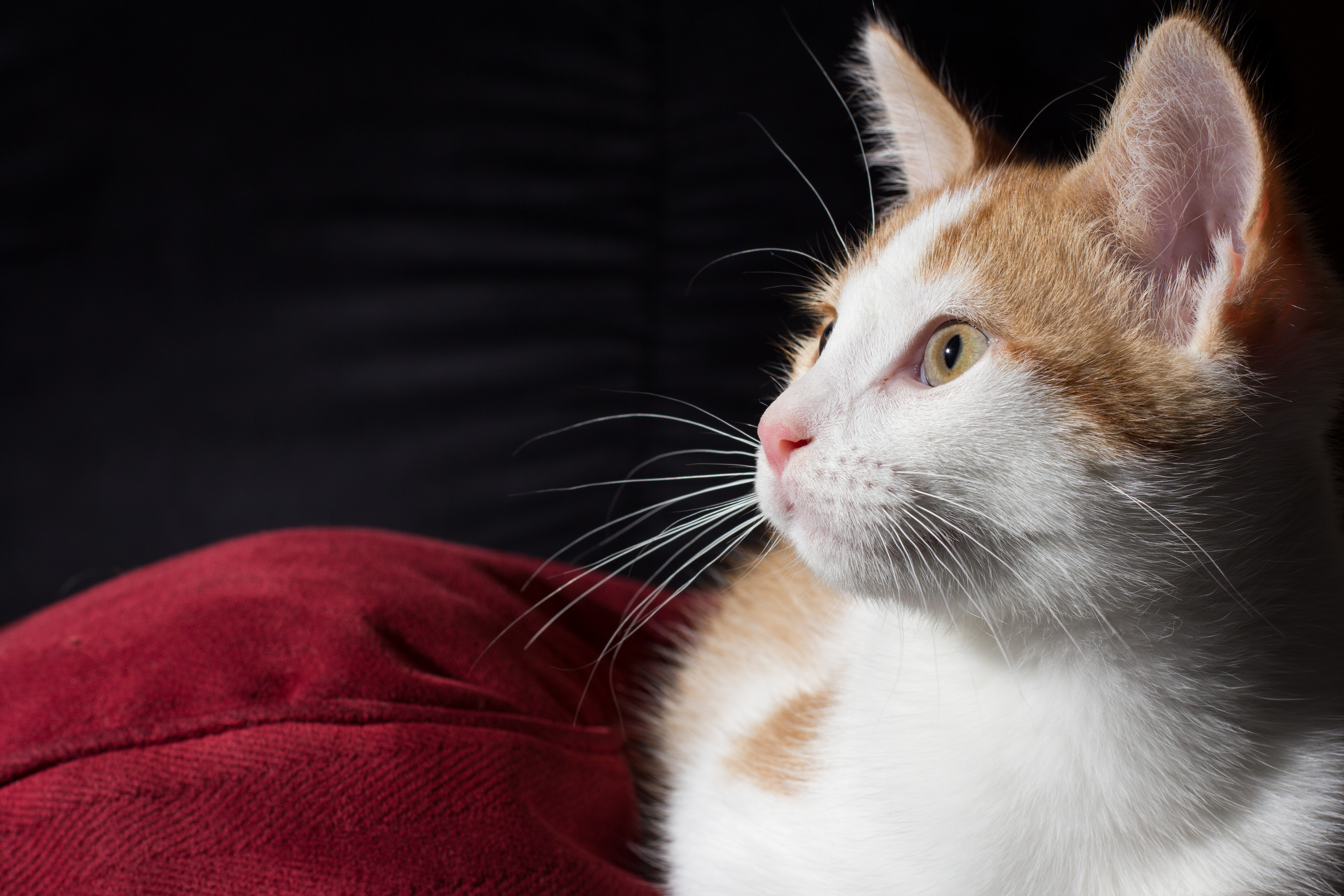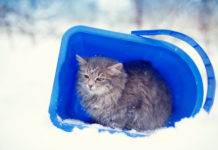Heartworm Disease in Cats
At Cat Care of Vinings we spend quite a bit of time educating owners about heartworm disease and the risk for both indoor and outdoor cats in the Southeastern United States. Is your cat at risk? When I was in veterinary school we were taught that heartworm disease in dogs was a major problem, but of little concern in cats because they were not the “natural host” of this worm. The bad news for cat owners is we underestimated the keen survival instincts of such parasites.
Currently heartworm disease in cats is so common that it is estimated that somewhere between 28% and 35% of indoor cats are heartworm positive and lack any sign of disease. Furthermore, our temperate climate year round means we have no true “freeze-thaw” cycle—-fleas, ticks and mosquitos thrive here year round. Many question whether we can truly say that any cat or dog is “indoor” here in Georgia because our climate is so very mild. We see fleas, ticks, and mosquito bites and infestations all year round at our practice. Unless your home is hermetically sealed, fleas, ticks and mosquitos are about and looking for new homes.
How do you know if your cat has heartworm disease? Heartworm disease in cats is not treatable and difficult to detect. Though cats are not the natural host for adult heartworms, we see the disease in late stages in our patients. When a cat becomes infected, there are no initial signs of illness, but as the worm larvae mature, the larvae and adult worms go to the lungs and wreak havoc.
Detection of heart worm disease in cats is very hit-or-miss because they do not typically have large numbers of worms or only male worms present. Subtle signs of low energy, low appetite, weight loss, with or without occasional coughing, wheezing or just signs of “ill-thrift” may be present. Diagnosing this disease can be tricky and there is no cure.

What can you do to keep your feline baby safe and healthy? Prevention, prevention and more prevention! Currently the best treatment is preventing your cat from any harmful exposure to mosquitos. Consider a visit to your local veterinarian for a thorough physical exam and ask if your cat can start heart worm prevention medication. There are a variety of them, all requiring an exam and veterinary prescription annually. Giving a once-a-month medication to your cat will ensure that heart worm as well as multiple other parasites do not infect your furry friend.
As a veterinarian at Cat Care of Vinings, I see cats between yearly visits most often for vomiting, diarrhea, or weight loss and low appetite. If you are faithfully giving your cat his or her heartworm medication monthly year-round, I can eliminate many parasites from the list of possible causes when we discuss testing and treatment options. Annual exams, or biannual if they are 7 years of age or older, with a weight check blood pressure test, and good conversation with your veterinarian about how your cat is doing at home can be priceless. For the best information regarding this and other cat-specific issues, visit Cornell Feline Center at:
vet.cornell.edu/fhc/Health_Information/Heartworm.cfm.





